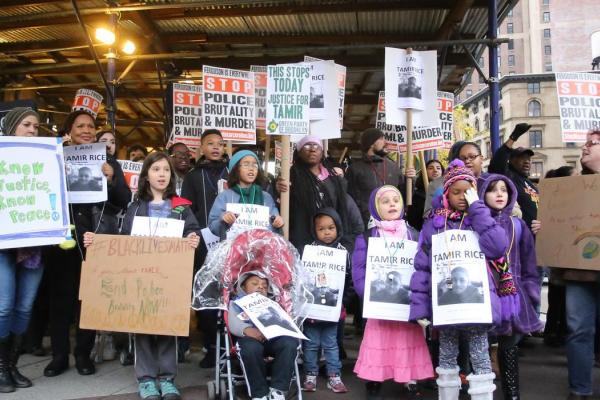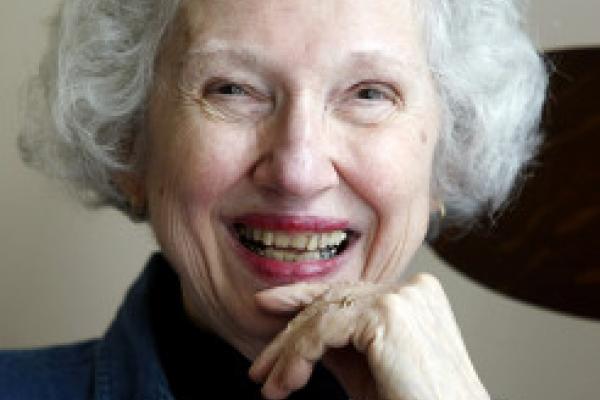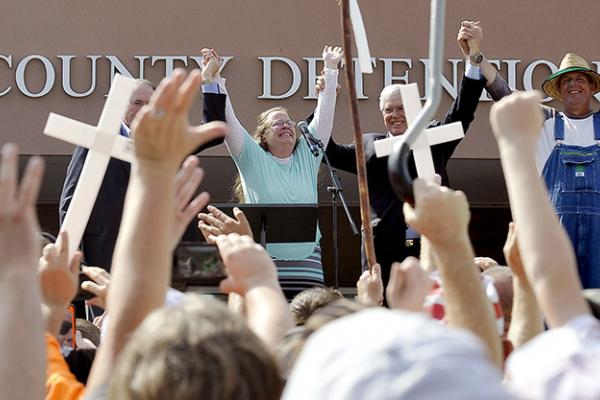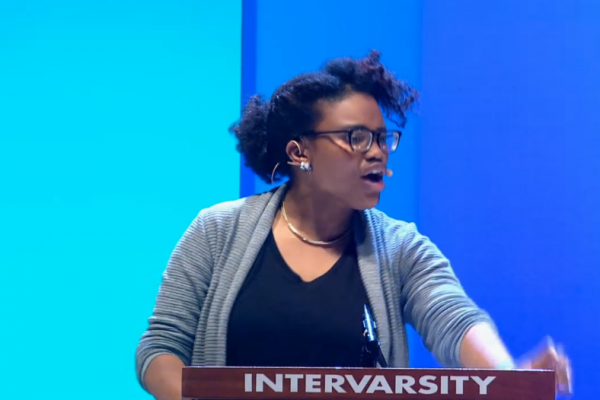Marjorie Liu and Sana Takeda’s new fantasy comic series Monstress approaches the topics of oppression and survival through one such richly imagined fantasy world. Inspired in part by Liu’s grandparents, survivors of the Japanese invasion of China during World War II, Monstress is a story about the difficulty of overcoming the pain of systemic oppression without losing yourself in rage, pain, and revenge
After hours of deciphering the directions and gathering together the countless tiny parts, inevitably you discover that a piece is missing. Somewhere in the unpacking of the zillion elements, you have dropped a small part under the refrigerator or behind the radiator. And it’s never just a missing piece, it’s usually the missing piece: the key part that transforms the pile of random plastic into the one-of-a-kind, fabulous piece it was meant to be.
When a picture from my first daughter’s first year pops up, when I was in the throes of postpartum depression, I long for a re-do. To relish the tiny baby snuggles and keep a level head with the all-nighters, knowing it truly does pass. I so wish I would have had the capacity to feel the fullness of the love and terror I felt, instead of putting on the shroud of numbness and apathy that comes with depression.
But there is grace. In an effort to forget what is behind, I will push forward clinging to hope and understanding that regret will be part of this journey too. Regret can be just a tiny shadow in a landscape of laughter, messiness, tears, and living.
Black people’s humanity is still at question in the stories so many of us hear and tell in America. For many with a badge, a gun, and the legal shield of the state, black men and women — even black children — are not humans. Instead black bodies are threats and targets for rage, fear, and racially justified execution. When an officer of the law exterminates on the spot, we must ask ourselves what he was shooting. In his mind, Tamir could not have been a boy. He could not have been human. What did he see? And who bewitched him (and us) to “see things” when we are entirely sober?
They preached and inspired. They wrote and taught. Some lobbied in the halls of government. Others toiled to protect the environment and educate the young. Several died at the hands of persecutors. Here is a list of notable faith leaders — and one champion of secularism — who left us in 2015.
According to a recent poll by The Associated Press and the University of Chicago’s National Opinion Research Center, 82 percent said religious liberty protections were important for Christians, compared with around 60 percent who said the same for Muslims and the religiously unaffiliated.
Yet, religious freedom is not merely an important issue — it is our “first freedom.” What Americans, especially Christian Americans, must understand is this: Religious freedom for some is not religious freedom for long.
Skinner told the students at Urbana ’70 that during segregation, “the evangelical, Bible-believing, fundamental, orthodox, conservative church in this country was strangely silent.” The churches, Skinner said, supported the status quo on slavery, segregation and civil rights. During the 1950s and 1960s, evangelicals, even when they opposed segregation, stayed clear of joining the civil rights movement. This week’s support for #BlackLivesMatter is different because InterVarsity is embracing a social and political movement that is active. And it is one that is controversial both nationally and within evangelicalism.
There are different ways to understand the gospel's call to peace — and that's a good thing. In the last century alone, many influential Christian leaders have grappled with violence, justice, and peace, and ended up all over the nonviolence map. Where do you land? Take our quiz and find out!
Undergirding Tripp’s parenting book is a theological assumption of the nature of the child and the role of the parent. All of his chapters and discussions on methods of discipline and instruction are predicated by the framework of where the child is in relation to the parent. A good storyteller (and marketer) knows to introduce a problem in order to then supply the solution, which Tripp does successfully. According to Tripp, the problem begins the fact that a child’s heart is oriented towards evil. The solution to this problem is for parent to, acting as a representative of God, bring the child back into the “circle of blessing.”
Director Haynes and writer Phyllis Nagy (working from Patricia Highsmith’s novel The Price of Salt) understand that cinema, just like all forms of storytelling, is a window into someone else’s personal life. They tell the story of Therese and Carol’s relationship in such exquisitely realized detail, down even to the smallest carpet-fiber, that you almost feel as if you’re there yourself. When the world the characters inhabit feels so real, their experiences and emotions feel real, too — helped in large part by perfectly-pitched performances by Blanchett and Mara.








